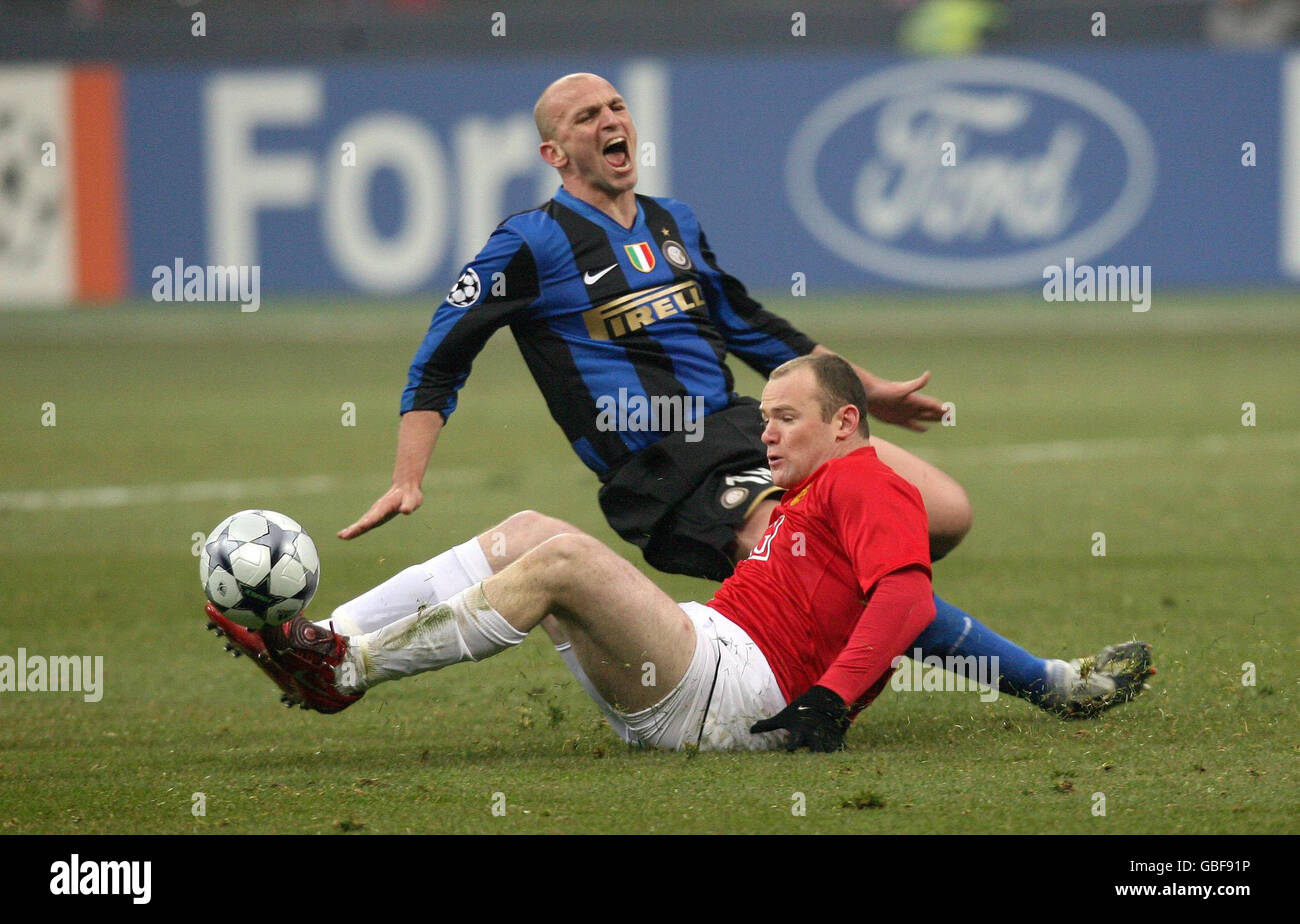The Colin Cowherd-Jayson Tatum Debate: A Deeper Look At The Criticism

Table of Contents
Cowherd's Core Criticisms of Jayson Tatum
Cowherd's critiques of Jayson Tatum are multifaceted, focusing on several key aspects of his game and leadership.
Inconsistency in Performance
Cowherd often highlights Tatum's inconsistent scoring and overall game performance, pointing to crucial moments where he falters under pressure. This criticism frequently surfaces during playoff series, where Tatum's scoring output has at times fallen short of expectations.
- Examples: Game 7 performances against the Miami Heat in previous playoff runs are often cited by Cowherd as evidence of Tatum's inconsistency under pressure. Specific instances of poor shooting percentages in critical moments are frequently highlighted.
- Statistical Analysis: Comparisons of Tatum's regular season statistics versus his playoff performance often reveal a noticeable disparity, fueling Cowherd's argument about inconsistency. The difference in points per game, field goal percentage, and free throw percentage between the regular season and playoffs become key talking points in this criticism.
- Cowherd's Commentary: Cowherd frequently uses direct quotes from games and post-game interviews to emphasize his points, using specific examples of Tatum's decision-making to illustrate his claims of inconsistency.
Leadership Question Marks
The debate also centers on Tatum's leadership capabilities. Cowherd has questioned his ability to consistently inspire and elevate his teammates during challenging games, comparing him unfavorably to other NBA superstars who command respect and influence on the court.
- On-Court Interactions: Cowherd often points to instances where Tatum appears isolated or lacking vocal leadership on the court, particularly during moments of adversity.
- Leadership Style Comparisons: Comparisons are drawn between Tatum's leadership style and that of other successful NBA players, often highlighting the differences in their approaches and on-court communication. Players like LeBron James or Stephen Curry are frequently used as benchmarks.
- Cowherd's Examples: Cowherd frequently cites specific games or series where Tatum's supposed lack of leadership negatively impacted the Celtics' performance.
Clutch Performance Concerns
A significant part of the Colin Cowherd Jayson Tatum criticism revolves around Tatum's ability to perform in high-pressure, "clutch" situations. Cowherd often scrutinizes his late-game shooting and decision-making.
- Clutch Shooting Percentage: Statistical analysis of Tatum's clutch shooting percentage—often defined as shots taken in the final five minutes of a close game—is frequently used to bolster Cowherd's argument. This data is often compared to other elite NBA players.
- Game Examples: Cowherd frequently references specific games where Tatum missed crucial shots in the closing moments, using these instances to support his claim about his lack of clutch performance.
- Decision-Making Under Pressure: Beyond shooting, Cowherd often questions Tatum's overall decision-making in crunch time, suggesting that he sometimes makes poor choices that negatively affect the team.
Counterarguments and Defenses of Jayson Tatum
While Cowherd's criticisms are prominent, several counterarguments effectively defend Jayson Tatum and his performance.
Statistical Success and Overall Contributions
Tatum's impressive overall statistics, including consistent scoring averages and multiple All-Star selections, directly counter Cowherd's claims of inconsistency.
- Career Statistics: A review of Tatum's career statistics showcases steady improvement year after year, illustrating a clear trajectory of growth and development.
- All-Star Appearances and Accolades: His selection to multiple NBA All-Star games, along with other accolades, demonstrates his consistent high level of performance and recognition within the league.
- Year-Over-Year Improvement: The consistent improvement in key statistical categories from season to season is compelling evidence to counter the claim of overall inconsistency.
Young Age and Growth Potential
Tatum's relative youth is often cited as a reason for his occasional inconsistencies, with many believing he's still developing his game.
- Comparison to Other Young Stars: Many point to other NBA stars who faced similar early-career criticisms, only to mature into dominant players. This comparison underscores Tatum's potential for growth and improvement.
- Room for Development: The arguments for Tatum's potential often highlight areas where he can still refine his game, particularly in clutch situations and leadership.
- Long-Term Projection: Despite the criticisms, the expectation is that Tatum will continue to develop his game, addressing some of Cowherd's concerns over time.
Impact Beyond Statistics
While Cowherd focuses on individual statistics, Tatum's contributions to team success, including defensive plays and playmaking, are sometimes overlooked.
- Defensive Contributions: Tatum's defensive efforts, while not always reflected in traditional box score statistics, often make a significant impact on games. Examples of critical defensive plays and steals should be highlighted here.
- Assists and Playmaking: Highlighting instances where Tatum's playmaking abilities helped create scoring opportunities for teammates, even if he didn't score himself, directly contradicts the idea of him being solely focused on individual performance.
- Leadership in Subtle Ways: Counterarguments suggest that Tatum's leadership might manifest in ways that are not always immediately apparent, such as through mentoring younger players or leading by example through his dedication and work ethic.
Conclusion
The Colin Cowherd-Jayson Tatum debate highlights the complexities of evaluating NBA players. While Cowherd's criticisms raise valid points about Tatum's consistency and leadership, counterarguments emphasize his statistical achievements, young age, and overall contributions to the team. Ultimately, the assessment of Jayson Tatum's career trajectory will continue to evolve, but this ongoing discussion serves as a valuable lens through which to examine the pressures and expectations placed on young NBA superstars. Continue the conversation and share your thoughts on the Colin Cowherd Jayson Tatum criticism debate in the comments below!

Featured Posts
-
 Daycare Vs Stay At Home Parenting Making The Right Choice
May 09, 2025
Daycare Vs Stay At Home Parenting Making The Right Choice
May 09, 2025 -
 Alaskas Fur Rondy Mushers Persevere Despite Shorter Race
May 09, 2025
Alaskas Fur Rondy Mushers Persevere Despite Shorter Race
May 09, 2025 -
 8 Cagr Projected For Wireless Mesh Networks Market Key Drivers And Trends
May 09, 2025
8 Cagr Projected For Wireless Mesh Networks Market Key Drivers And Trends
May 09, 2025 -
 Inters Shock Win Against Bayern In Ucl Quarterfinal First Leg
May 09, 2025
Inters Shock Win Against Bayern In Ucl Quarterfinal First Leg
May 09, 2025 -
 Bitcoin Madenciliginde Yeni Bir Doenem Son Mu Baslangic Mi
May 09, 2025
Bitcoin Madenciliginde Yeni Bir Doenem Son Mu Baslangic Mi
May 09, 2025
Latest Posts
-
 Understanding The Bitcoin Rebound A Guide For Investors
May 09, 2025
Understanding The Bitcoin Rebound A Guide For Investors
May 09, 2025 -
 Recent Bitcoin Rebound Signs Of A Market Recovery
May 09, 2025
Recent Bitcoin Rebound Signs Of A Market Recovery
May 09, 2025 -
 Bitcoin Madenciliginin Gelecegi Son Mu
May 09, 2025
Bitcoin Madenciliginin Gelecegi Son Mu
May 09, 2025 -
 Bitcoin Price Surge Is This A Long Term Rebound
May 09, 2025
Bitcoin Price Surge Is This A Long Term Rebound
May 09, 2025 -
 Bitcoin Madenciliginde Yeni Bir Doenem Son Mu Baslangic Mi
May 09, 2025
Bitcoin Madenciliginde Yeni Bir Doenem Son Mu Baslangic Mi
May 09, 2025
